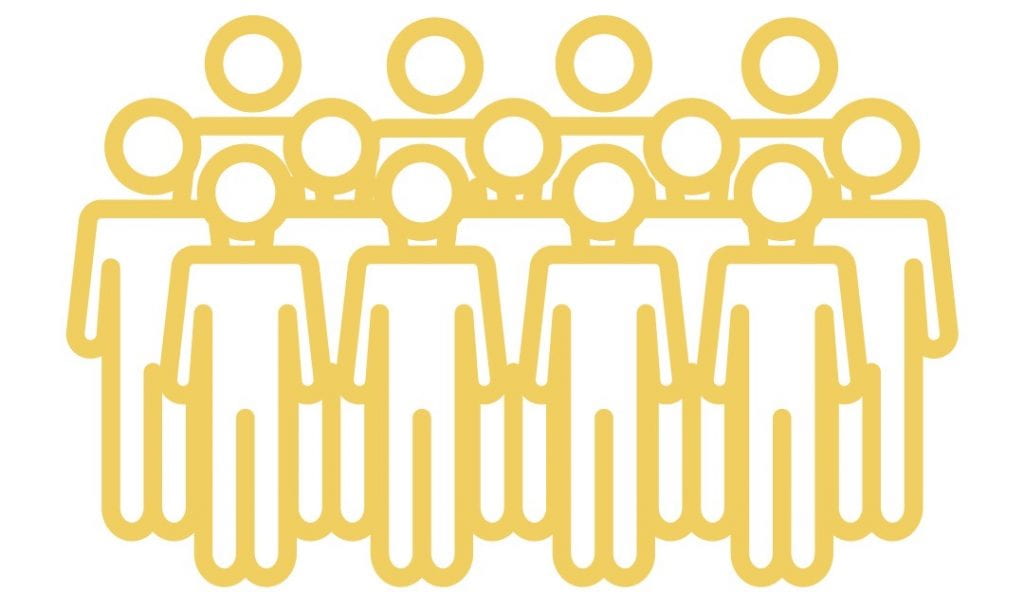
Adolescent Surveys
The short survey, self-administered by students online, collects quantitative data on students’ demographics, wellbeing, feelings of school belonging and a range of other topics. Students have the option of completing the survey in English or Arabic, as well as in Spanish in Harrisonburg, Virginia.

Adolescent Focus Group Discussions and Participatory Ranking Activity
Focus group discussions center on students’ experiences, including their relationships with one another, their families, and the school system. Additionally, students engage in a participatory ranking activity during which they collectively brainstorm ideas and recommendations for improving newcomer students’ experiences at their school. Once students have generated a list of ideas, they rank the items from most to least important.

Community Key Informant Interviews
Through these interviews, key informants from the school and community provide insight into their experiences with newcomer students and families, and share ideas about what more can be done to support the wellbeing of newcomer students and families through schools and community engagement. Key informants are selected in consultation with school officials and local organizations, with a focus on recruiting participants who provide services for immigrant and refugee/asylum-seeking students and their families, such as administrators, teachers, guidance counselors, therapists, case workers, and spiritual leaders from the community.

Parent In-Depth Interviews
In-depth interviews with parents are designed to learn about experiences adjusting to life in the U.S. Parents are asked about their resettlement experiences, daily stressors and supports, and personal engagement with schools and community life. Additionally, parents are invited to shared their perceptions of their children’s experiences of adjustment.

PhotoVoice
Through the use of PhotoVoice, the EMPOWerment and rEsilience pRogram (EMPOWER), centers adolescents’ voices, ideas, and priorities in research efforts. PhotoVoice is a participatory action research method that utilizes photography, a medium that transcends language and literacy barriers, allowing students to express themselves, inform others of their realities or concerns, and be actively involved in decisions that affect their own lives and their communities. SALaMA incorporates traditional PhotoVoice methodology (i.e., photography, caption generation, group reflection) with qualitative analysis of the reflection sessions with the participants, in addition to youth empowerment activities.

Program Evaluation
FORWARD with Peers (FwP) is a 10-week program aimed at bolstering leadership and psychosocial wellbeing among youth. Building on the success of a school-based behavioral health program designed to help students talk about their feelings and promote healthy living, the goal of FwP is to create a safe place to promote social and emotional learning (SEL) and build students’ toolset to achieve their academic, professional, and personal goals. We are currently conducting a quasi-experimental, waitlist-control evaluation of FwP in the Detroit Metropolitan Area. The evaluation aims to generate pilot data on the effectiveness of FwP in improving mental health and psychosocial outcomes for adolescent participants.